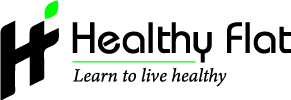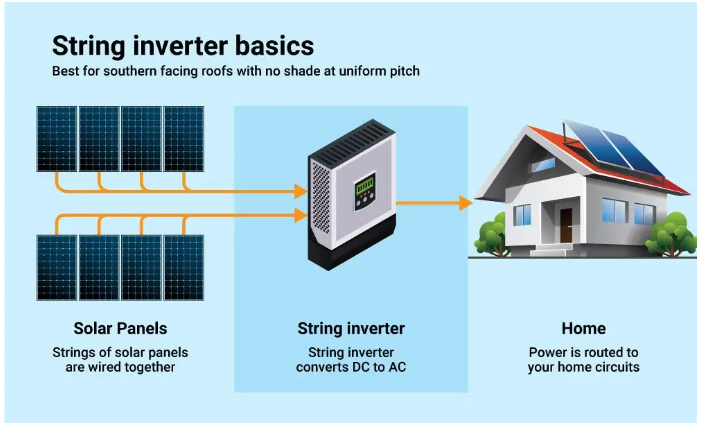Solar panels are the unsung heroes of clean energy production, converting sunlight into usable electricity. Let’s explore the science behind this technology and learn how exactly solar panels work.
Image credit
The Power of the Sun
Solar panels, officially known as photovoltaic (PV) panels, owe their functionality to the power of the sun. The sun is a massive nuclear fusion reactor, continuously releasing a huge amount of energy in the form of electromagnetic radiation. This radiation, comprising photons of various wavelengths, is what we commonly refer to as sunlight.
Absorption of Photons
Each solar panel consists of numerous solar cells, typically made of semiconductor materials like silicon. The photons from sunlight carry energy, and as they hit the semiconductor, they transfer this energy to the electrons in the atoms.
Energised Electrons
The energy transfer from photons to electrons causes the electrons to become energised. This process is key to generating electricity from sunlight. The energised electrons don’t stay excited for long as they prefer to return to their lower energy state. This desire to fall back down creates an electric current, as the electrons move through the semiconductor material towards the lower-energy areas.
Capturing the Current
Within the solar cell, metal conductive plates capture this flow of energised electrons, forming an electric current. This current is in the form of direct current (DC), which is the type of electricity produced by solar panels.
Ready for Use
While DC electricity is suitable for some applications, most of our electrical devices run on AC electricity. To make the electricity generated by solar panel installation Avonmouth compatible with our homes and businesses, an inverter is used to convert the DC electricity into AC.
The annual savings on electricity can be up to £560 a year if you have solar panels installed.
Connecting to the Grid
Once converted to AC, the electricity generated by your solar panel installation in Avonmouth can be used to power your home or business. If your solar panels produce more electricity than you consume, the surplus can be fed back into the grid, earning you credits.


